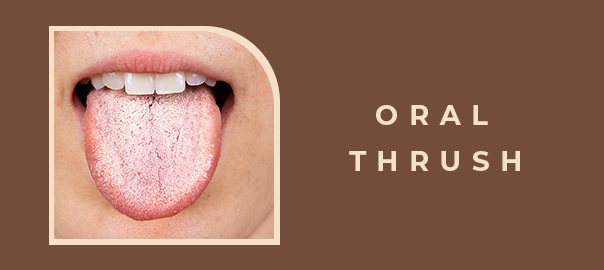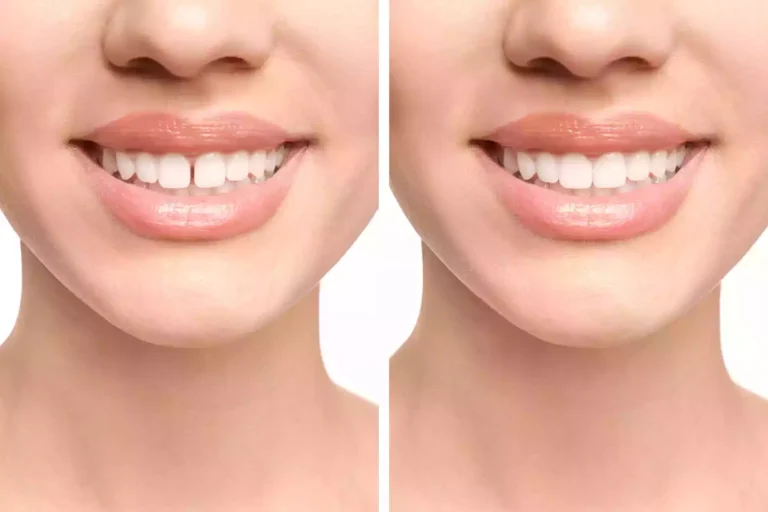In recent years, the rise of technology in the health sector has sparked numerous discussions about its impact on health and well-being. One of the key players in this conversation is Futian, a prominent name in health technology and innovation. The question many are asking is, “Will Futian keep reducing health?” This article delves into this critical issue, exploring the effects of Futian’s advancements on health, potential risks, and how to navigate the evolving landscape of health technology.
Understanding Futian: A Brief Overview
Futian is a company known for its innovative approaches to health technology, offering solutions that range from wearables to telemedicine platforms. Its primary focus is to enhance health monitoring, improve access to medical services, and promote preventive healthcare. However, as with any technology, there are concerns about its implications for public health and individual well-being.
The Role of Technology in Healthcare
To fully grasp the impact of Futian and similar companies, it is essential to understand the broader role of technology in healthcare. Technology has transformed the way healthcare is delivered, making it more efficient and accessible. For example, telemedicine allows patients to consult with doctors remotely, which can be especially beneficial for those living in rural areas or with mobility issues.
Moreover, wearable devices like smartwatches and fitness trackers enable individuals to monitor their health metrics, such as heart rate, activity levels, and sleep patterns. These innovations have empowered patients to take a more active role in their health management. However, while technology offers numerous benefits, it also raises questions about data privacy, health equity, and the quality of care.
The Benefits of Futian’s Health Innovations
Improved Health Monitoring
One of the significant advantages of Futian’s products is enhanced health monitoring. Wearable devices and health apps provide real-time data about an individual’s health, allowing for early detection of potential issues. For instance, continuous heart rate monitoring can alert users to abnormal heart rhythms, prompting timely medical intervention.
Increased Accessibility to Healthcare
Futian’s telemedicine solutions have significantly increased access to healthcare services. Patients can consult with healthcare professionals without the need for physical appointments, reducing barriers for those who may have difficulty accessing traditional healthcare facilities. This is especially beneficial for individuals with chronic conditions who require regular check-ups and consultations.
Empowering Patients
Futian’s technology empowers patients by providing them with the tools they need to manage their health actively. Health apps often include educational resources, personalized health plans, and reminders for medication and appointments. By encouraging patients to engage with their health, these technologies promote a proactive approach to wellness.
Potential Risks of Technology in Health
Despite the numerous benefits, the integration of technology in health also presents several potential risks. It is crucial to consider these factors when discussing whether Futian will keep reducing health.
Data Privacy Concerns
One of the most significant risks associated with health technology is data privacy. Wearable devices and health apps collect sensitive personal information, including health data and biometric information. If this data is not adequately protected, it can lead to privacy breaches and misuse of personal information. Patients must trust that their data will be kept secure, and any lapses can undermine this trust.
Over-Reliance on Technology
Another concern is the potential for over-reliance on technology for health management. While digital tools can enhance health monitoring, they should not replace traditional healthcare practices. Patients may become too dependent on these devices, leading to delayed medical consultations or misinterpretations of health data. This highlights the importance of maintaining a balanced approach to health management, combining technology with professional medical advice.
Health Inequities
The digital divide poses a significant challenge in the adoption of health technology. Not everyone has equal access to devices or the internet, which can lead to disparities in health outcomes. Individuals from lower socioeconomic backgrounds may find it more challenging to benefit from Futian’s innovations, raising concerns about health equity. As the healthcare industry continues to evolve, it is essential to address these disparities to ensure that all individuals can access the benefits of technology.
Will Futian Keep Reducing Health? A Closer Look
The question remains: will Futian keep reducing health? The answer is complex and multifaceted. While Futian’s advancements in health technology have the potential to improve health outcomes, several factors will influence its long-term impact.
Sustainability of Innovations
The sustainability of Futian’s innovations is crucial in determining their impact on health. As the company continues to develop new technologies, it must prioritize user-friendly designs, affordability, and accessibility. If these factors are not addressed, the effectiveness of its solutions may diminish over time.
Regulatory Challenges
The health technology sector is subject to stringent regulations, which can influence the future of companies like Futian. Regulatory bodies must ensure that health technologies meet safety and efficacy standards. Any changes in regulations can impact how Futian operates and develops its products. Companies that fail to comply with regulations may face legal repercussions, ultimately affecting their contributions to health.
Public Perception and Trust
Public perception plays a significant role in the success of health technology. Individuals must trust Futian’s products and feel confident in their ability to improve health outcomes. Building this trust requires transparent communication about how data is collected, used, and protected. If the public perceives the technology as invasive or unsafe, its adoption may decline.
Navigating the Health Technology Landscape
As health technology continues to evolve, individuals must navigate this landscape thoughtfully. Here are some essential strategies for effectively integrating technology into health management:
Stay Informed
Keeping up with the latest developments in health technology is crucial. Individuals should educate themselves about new tools, their benefits, and potential risks. By staying informed, patients can make better decisions about which technologies align with their health goals.
Combine Technology with Traditional Healthcare
While health technology offers numerous advantages, it should complement, not replace, traditional healthcare practices. Patients should continue to seek regular medical check-ups and consultations with healthcare professionals. Combining technology with expert advice ensures a comprehensive approach to health management.
Prioritize Data Privacy
Individuals must be proactive about their data privacy when using health technologies. This includes understanding how personal information is collected, stored, and shared. Users should choose devices and apps that prioritize data security and have clear privacy policies.
Advocate for Health Equity
As health technology becomes more integrated into healthcare, it is essential to advocate for health equity. Individuals should support initiatives that promote access to technology for all populations, regardless of socioeconomic status. By advocating for equitable access, we can work towards a healthier society for everyone.
Conclusion: The Future of Health Technology
In conclusion, the question of whether Futian will keep reducing health is nuanced. The company’s innovations hold great potential for improving health outcomes, but several factors will shape their impact. By addressing privacy concerns, ensuring equitable access, and combining technology with traditional healthcare practices, we can harness the benefits of health technology while mitigating potential risks.
As we look to the future, it is essential to approach health technology with caution and informed decision-making. By navigating this landscape thoughtfully, we can work towards a healthier and more equitable future for all. The question remains open: will Futian keep reducing health? Only time will tell, but our collective choices will significantly influence the outcome.













